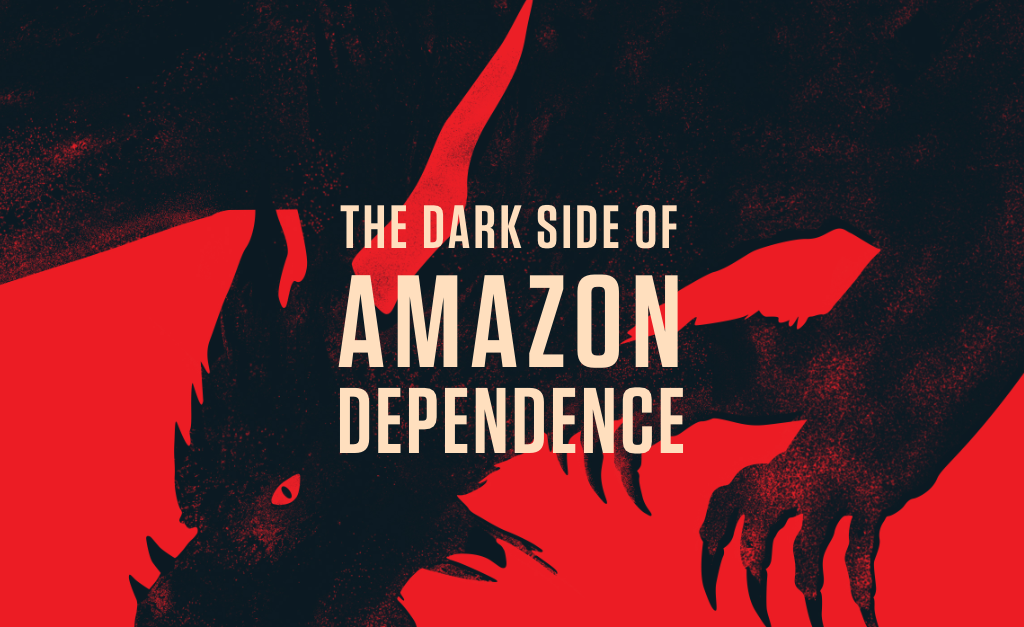
- Posted on
- • October 7, 2019
- Ecommerce 101
- News

The Wall Street Journal recently published an exclusive report on Amazon’s changes to their product search algorithm. This carries serious implications for any merchant that sells through Amazon.
According to the WSJ report, Amazon adjusted their search algorithm to favor more profitable products—potentially giving preferential placement to Amazon’s brands.
The Wall Street Journal’s sources have made it clear that last year’s algorithm changes were the source of internal controversy.
“The Amazon search team’s view was that the profitability push violated the company’s principle of doing what is best for the customer, the people familiar with the project said.”
-“Amazon Changed Search Algorithm in Ways That Boost Its Own Products” | The Wall Street Journal
Amazon’s search is currently the most common way for online shoppers in the United States to find products. So, while Amazon has since released a statement disputing elements of this report, even small algorithm changes can be the difference between a wildly successful product and a devastating failure.
This is not the first time Amazon has been accused of acting against the interest of its marketplace sellers and chances are it won’t be the last. Other rising concerns include Amazon’s ad stuffing, ongoing challenges with counterfeit products, and various abuses of marketplace power.
Despite the fact that sales made by Amazon’s third-party sellers account for more than half of its total sales, only the largest sellers can afford to pay as much as $5,000 a month for Amazon’s premium support services.
While Amazon can be a fantastic source of revenue and visibility for many businesses, these concerns make one thing abundantly clear: Amazon-reliant ecommerce strategies are risky.
Whether it’s trying to compete with Amazon’s brands or relying on Amazon sales to support their business, at Miva we encourage merchants to avoid Amazon-reliant strategies. What we do recommend is investing in a strong, independent online presence—one that will remain profitable and sustainable regardless of what Amazon does.
Interested in learning what it takes to build a self-sufficient online presence? Check out our guide for independent merchants: 





